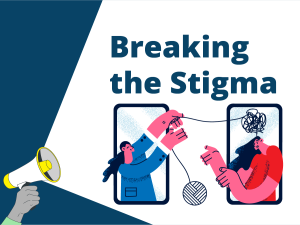The role of telehealth in improving access to mental health care for minority communities.
Telehealth plays a crucial role in improving access to mental health care for minority communities. Here are a few ways in which telehealth addresses the healthcare disparities faced by these communities:
1. Overcoming geographical barriers: Telehealth eliminates the need for individuals to physically travel to a healthcare facility, which can be a challenge for those living in rural or underserved areas. This allows individuals from minority communities to access mental health services without being limited by their geographical location.
2. Increasing availability of healthcare professionals: Minority communities often face a shortage of mental health professionals. Telehealth makes it possible to connect patients with specialized providers regardless of their physical location. This helps to ensure that individuals from minority communities have access to a diverse pool of mental health experts who understand their unique cultural backgrounds and needs.
3. Reducing stigma: Some minority communities may face cultural and social stigmas associated with seeking mental health care. Telehealth offers a more discreet and private way to access mental health services, allowing individuals to receive care from the comfort of their own homes. This can help to reduce the fear of judgment and encourage more individuals from minority communities to seek the help they need.
4. Improving language accessibility: Language barriers can be a significant obstacle for individuals from minority communities when seeking mental health care. Telehealth platforms often have interpreters or language support services available, ensuring that patients can receive care in their preferred language. This helps to bridge the communication gap and enhance accessibility for individuals who may otherwise struggle to access services in a traditional healthcare setting.
5. Increasing flexibility and convenience: Telehealth provides greater flexibility and convenience in scheduling appointments, especially for individuals with limited time or mobility constraints. This can be particularly beneficial for minority communities facing difficulties in accommodating traditional in-person visits due to work schedules, family responsibilities, or transportation issues.
In summary, while telehealth and teletherapy present opportunities to expand access to mental health care for minority communities, there are still barriers like the digital divide, lack of culturally competent providers, and distrust of the system that must be addressed. With targeted efforts and policies, telehealth could help reduce disparities and improve mental health outcomes for these underserved populations.
Feel free to contact us for professional assistance if you are experiencing any mental health difficulties. You can reach us at 0745562108 via call or WhatsApp, or simply fill out the form below.









